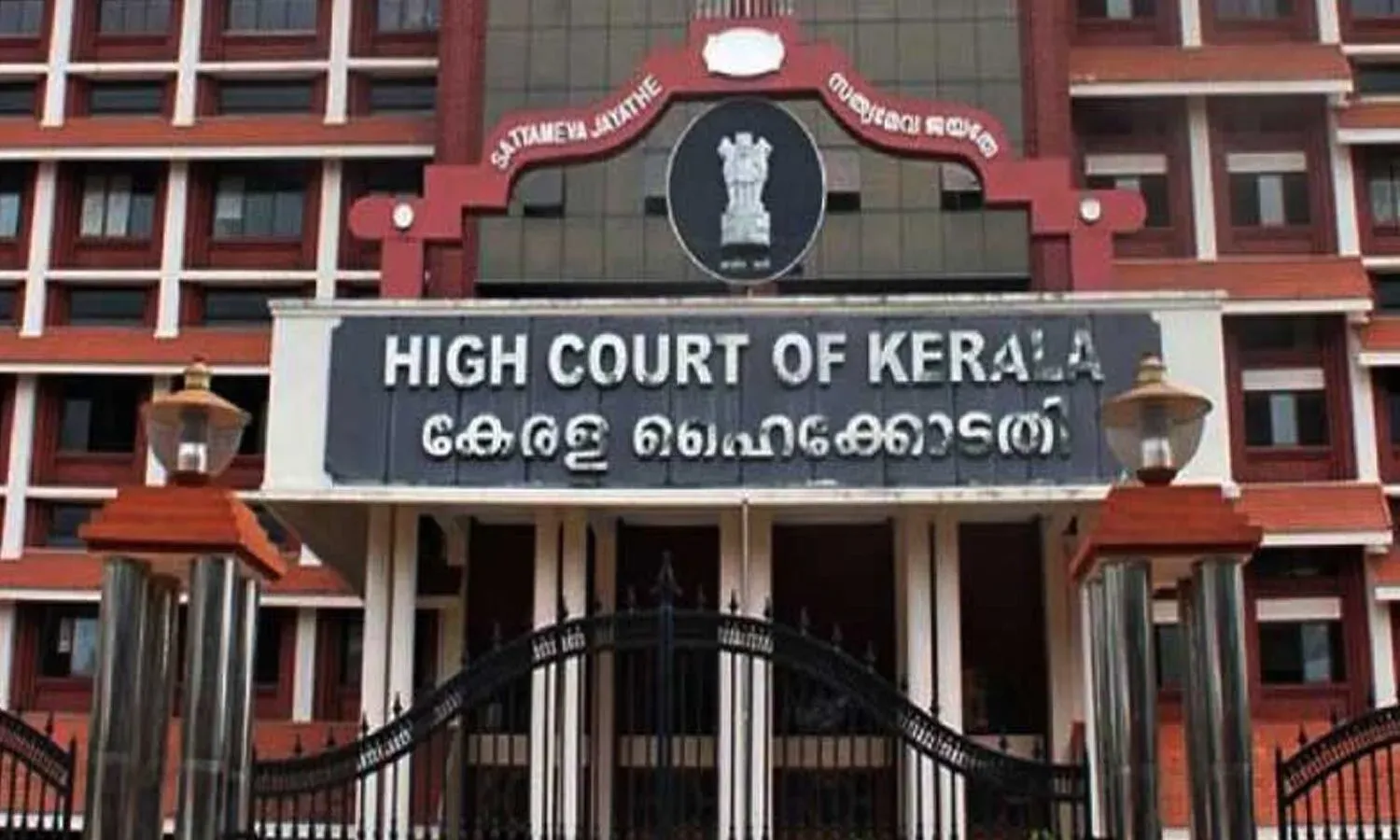The Kerala High Court recently dismissed an election petition filed by KP Mohammed Mustafa against MLA Najeeb Kanthapuram, pertaining to the 2021 Kerala Legislative Assembly election for the Perinthalmanna constituency. Mustafa, who contested as the Left Democratic Front (LDF) candidate, narrowly lost to Kanthapuram, a United Democratic Front (UDF) candidate, by 38 votes. The petition challenged the rejection of postal ballots, alleging procedural irregularities that could have altered the election outcome.
The Petitioner's Claims
Mustafa's petition centered on the rejection of 348 postal ballots, which he claimed were improperly excluded. He argued that the rejection process lacked transparency as the reasons for rejecting the postal ballots were not provided to the counting agents. Mustafa contended that these ballots, if counted, would have been decisive in his favor, thereby changing the election result.
Legal Context and Procedural Details
Election petitions are governed by stringent legal frameworks aimed at ensuring the integrity of the electoral process. The Representation of the People Act, 1951, outlines the grounds on which an election can be contested. Mustafa’s petition sought to invoke these provisions, arguing that the rejection of postal ballots violated the principles of free and fair elections. He maintained that the election officials failed to adhere to proper procedures, thereby disenfranchising a significant number of voters.
Court's Examination
The Kerala High Court, presided over by Justice C.S. Sudha, thoroughly examined the claims presented by Mustafa. The court scrutinized the evidence and procedural records pertaining to the rejected postal ballots. The court emphasized the need for adherence to legal standards in the electoral process while also considering the practical aspects of election administration.
Dismissal of the Petition
After a detailed examination, Justice Sudha concluded that Mustafa's claims did not sufficiently establish a case for the annulment of the election results. The court found that the rejection of postal ballots was conducted in accordance with the prescribed procedures and that there was no evidence of malfeasance or significant procedural violations. Consequently, the court dismissed the election petition, upholding the validity of Najeeb Kanthapuram’s election as MLA.
Implications of the Judgment
The dismissal of Mustafa’s petition has several implications for the electoral process in Kerala and beyond. Firstly, it reaffirms the robustness of the legal framework governing elections in India. The judgment underscores the judiciary's role in ensuring that elections are conducted fairly while also respecting procedural rigour. It also highlights the high burden of proof required to contest election results, which acts as a deterrent against frivolous petitions.
Reactions and Analysis
The court's decision has elicited varied reactions from the political spectrum. Supporters of Najeeb Kanthapuram have welcomed the judgment, viewing it as a validation of the electoral process and their candidate’s victory. On the other hand, Mustafa’s supporters express disappointment, arguing that the decision overlooks potential discrepancies in the handling of postal ballots. Legal experts note that the judgment reinforces the judiciary's cautious approach to interfering in electoral outcomes, emphasizing the need for substantial evidence to overturn election results.
Conclusion
The Kerala High Court's dismissal of KP Mohammed Mustafa’s election petition against Najeeb Kanthapuram is a significant judicial pronouncement that upholds the sanctity of the electoral process. By thoroughly examining the procedural aspects of the case and requiring a high standard of proof, the court has reinforced the principles of fairness and integrity in elections. This judgment serves as a critical reference point for future election-related litigations, ensuring that challenges to election results are grounded in solid evidence and legal merit. As the political landscape evolves, such judicial interventions play a crucial role in maintaining the credibility and legitimacy of democratic processes.










0 Comments
Thank you for your response. It will help us to improve in the future.